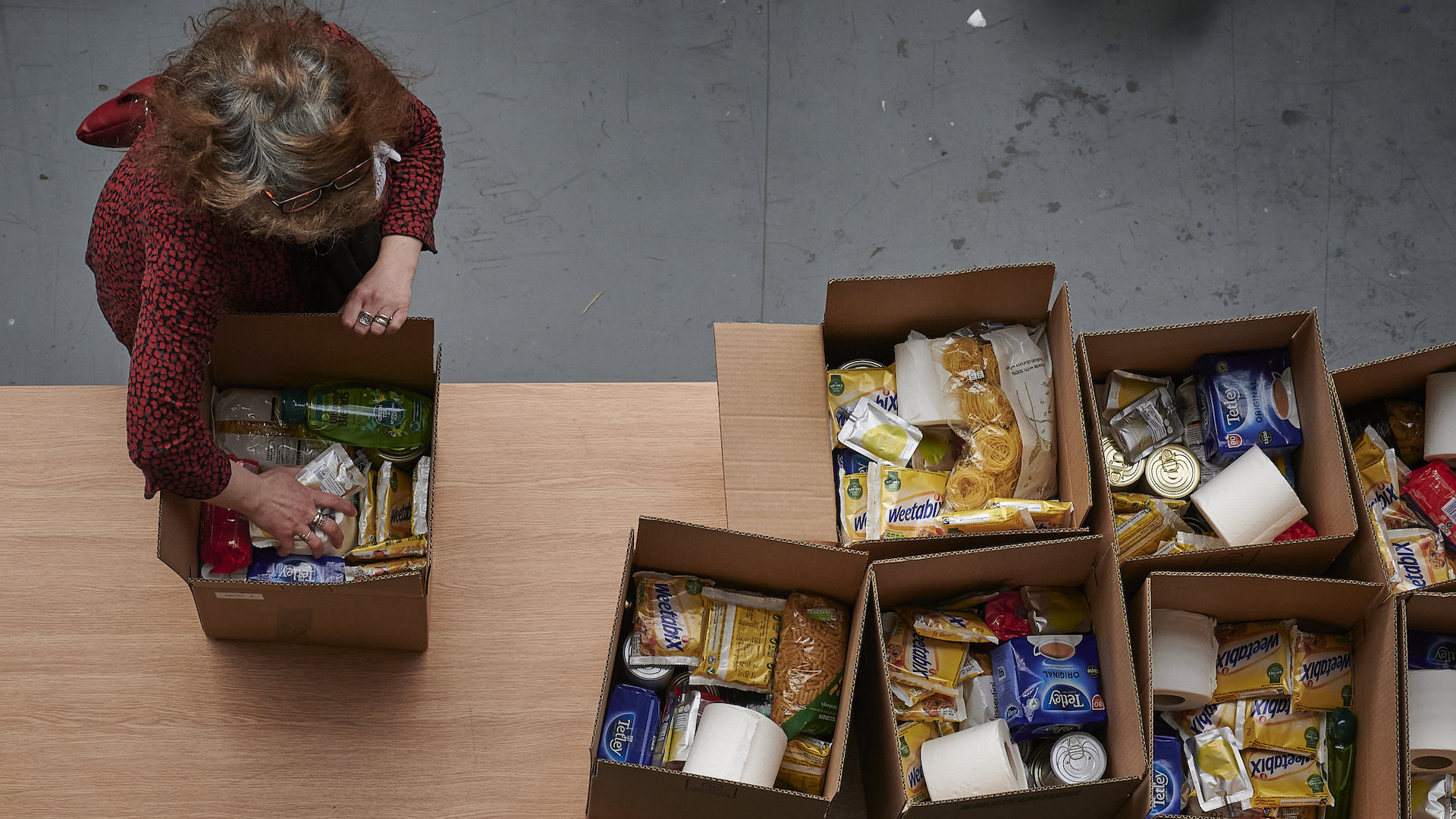All that seemed clear is muddied. A year ago we watched Dominic Cummings explain that the best way to test eyesight was to drive a car where it shouldn’t be driven at the height of a pandemic. It was impossible to go out the door without every man and his dog shouting Cummings must go. Well, it was impossible to get out of the door, for most, unless you were Cummings.
Now he’s a bouncing bomb, exploding and rampaging over Whitehall, taking out everybody, from the PM down; a PM who he sees as woefully short of what is needed for the job, a PM who, from his view, is more focused on performative vanity grandstanding and headlines than doing the actual job and saving lives in the time of Covid.
Should we be thankful that Cummings remained in post for as long as he did? Did Cummings save or cost lives? Do we believe just how chaotic and unfit for the crisis the Johnson administration was? If so, imagine the mess the world would be in had they, not Gordon Brown, been trying to sort the global financial crash.
There are other things out there lapping at the shore with potentially massive ramifications for how we live now.
In Scotland last week, the SNP government revealed their blueprint for an independent nation. They outlined plans to abolish poverty and provide a route-map for a “fairer Scotland”. This includes increased pensions, decriminalisation of some drugs for personal use, a minimum income of £37,000 for families. So far so Nordic-style progressive social democracy. Much of the plans remain uncosted and are contingent on a referendum being granted, but there is a clear direction of travel and intent. If the Westminster government think that by aggressively denying or sneering at the reality and by sticking some flags on public buildings they can make it go away they are hugely mistaken.
Let’s make sure that we return people who know what they’re doing, who can understand the difficulties in office
Likewise, across the Irish Sea, there are manoeuvres that we all need to keep an eye on. Both main unionist parties have new leaders. The Loyalist Communities Council, a group that counts representatives of paramilitary organisations such as the UVF and UDA as core members, is increasingly part of everyday discourse. Their voice is legitimised and around the Northern Ireland Protocol they have a rallying point. The last time voices from these sources were allowed to direct political agendas to this extent it led to the famous 1974 Ulster Workers’ Strike, collapsing the domestic parliament and pushing peace back a generation.









